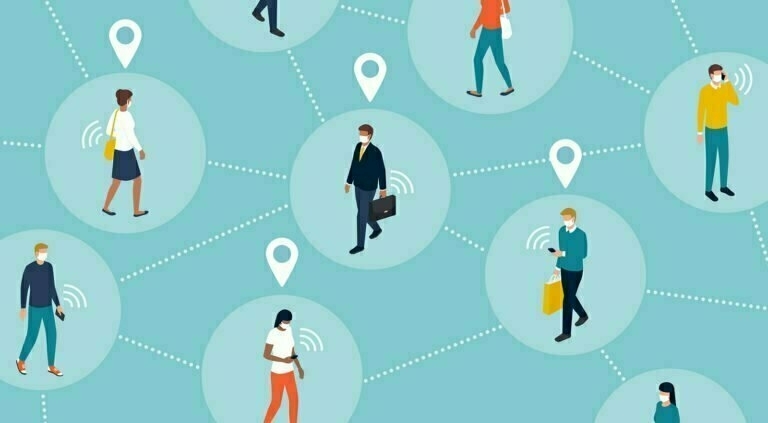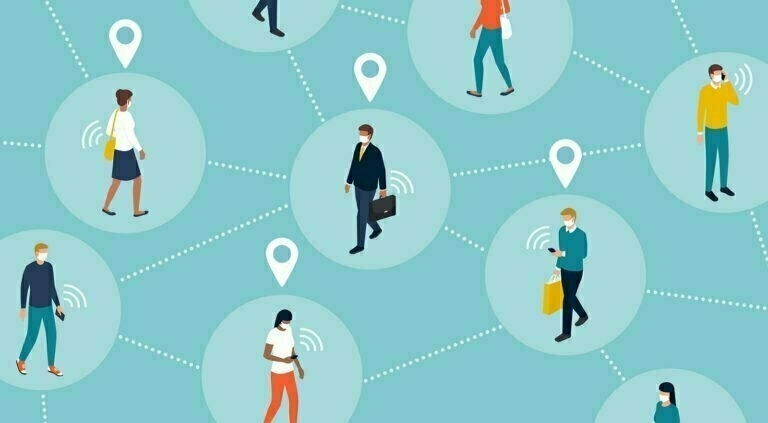Should governments track supermarket purchases?
We booked a holiday to France this week and used Tesco vouchers to pay for the Eurotunnel crossing. These Tesco vouchers are a kind of payment-in-kind for the data they gather (and presumably sell) about our grocery purchases.
I use both Google Pay and Garmin Pay so that I don’t have to take a wallet with me everywhere. It’s convenient, but these two tech companies — as well as my bank — know a lot about my purchasing habits.
So, from that point of view, it seems odd to wring our hands about the State knowing more about grocery purchases. But the point, I guess, is that in this case there’s no way to escape it, no opt-out.
Statistics Norway (SSB) is the state-owned entity responsible for collecting, producing and communicating statistics related to the economy, population and society at national, regional and local levels.Source: Norway to Track All Supermarket Purchases | Life in NorwayBecause everything about an individual living in Norway is linked to their fødselnummer (birth number), SSB already knows where you live, what you earn and what’s on your criminal record.
However, according to a report by NRK, they now want to know where you shop, and what you buy.
SSB has ordered Norway’s major supermarket chains NorgesGruppen, Coop, Bunnpris and Rema 1000 to share all their receipt data with the agency. Nets, the payment processor that is responsible for 80% of transactions, will also need to provide data.
[…]
SSB claims they want a less time-consuming way of collecting and analysing household consumption statistics in order to inform tax policy, social assistance and child allowance.
[…]
SSB is adamant that they are only concerned with statistics at a group level: “When the purchases are linked to a household, it will be possible in the consumption statistics to analyze socio-economic and regional differences in consumption, and link it to variables such as income, education and place of residence.”
Should governments track supermarket purchases?
We booked a holiday to France this week and used Tesco vouchers to pay for the Eurotunnel crossing. These Tesco vouchers are a kind of payment-in-kind for the data they gather (and presumably sell) about our grocery purchases.
I use both Google Pay and Garmin Pay so that I don’t have to take a wallet with me everywhere. It’s convenient, but these two tech companies — as well as my bank — know a lot about my purchasing habits.
So, from that point of view, it seems odd to wring our hands about the State knowing more about grocery purchases. But the point, I guess, is that in this case there’s no way to escape it, no opt-out.
Statistics Norway (SSB) is the state-owned entity responsible for collecting, producing and communicating statistics related to the economy, population and society at national, regional and local levels.Source: Norway to Track All Supermarket Purchases | Life in NorwayBecause everything about an individual living in Norway is linked to their fødselnummer (birth number), SSB already knows where you live, what you earn and what’s on your criminal record.
However, according to a report by NRK, they now want to know where you shop, and what you buy.
SSB has ordered Norway’s major supermarket chains NorgesGruppen, Coop, Bunnpris and Rema 1000 to share all their receipt data with the agency. Nets, the payment processor that is responsible for 80% of transactions, will also need to provide data.
[…]
SSB claims they want a less time-consuming way of collecting and analysing household consumption statistics in order to inform tax policy, social assistance and child allowance.
[…]
SSB is adamant that they are only concerned with statistics at a group level: “When the purchases are linked to a household, it will be possible in the consumption statistics to analyze socio-economic and regional differences in consumption, and link it to variables such as income, education and place of residence.”
One can acquire anything in solitude except character
🌐 The Metaverse is coming — "Over the course of 2021, the Metaverse will experience widespread use, and start to become a human co-experience utility. People will meet in virtual worlds not just to play a game, but also to check out a new movie trailer or laugh at user-generated videos. Education will move from learning to code online to learning core sciences with physics or biology simulations and ultimately becoming an immersive environment where classrooms are organised within it."
🐠 Hallucinogenic fish — "A few reporters have eaten the dream fish and described their strange effects. The most famous user is Joe Roberts, a photographer for the National Geographic magazine. He broiled the dream fish in 1960. After eating the delicacy, he experienced intense hallucinations with a science-fiction theme that included futuristic vehicles, images of space exploration, and monuments marking humanity's first trips into space."
✊ Hundreds of Google Employees Unionize, Culminating Years of Activism — "The union’s creation is highly unusual for the tech industry, which has long resisted efforts to organize its largely white-collar work force. It follows increasing demands by employees at Google for policy overhauls on pay, harassment and ethics, and is likely to escalate tensions with top leadership."
🍌 The Banana Trick and Other Acts of Self-Checkout Thievery — "Perhaps it’s not surprising that some people steal from machines more readily than from human cashiers. “Anyone who pays for more than half of their stuff in self checkout is a total moron,” reads one of the more militant comments in a Reddit discussion on the subject."
Quotation-as-title by Stendhal.

